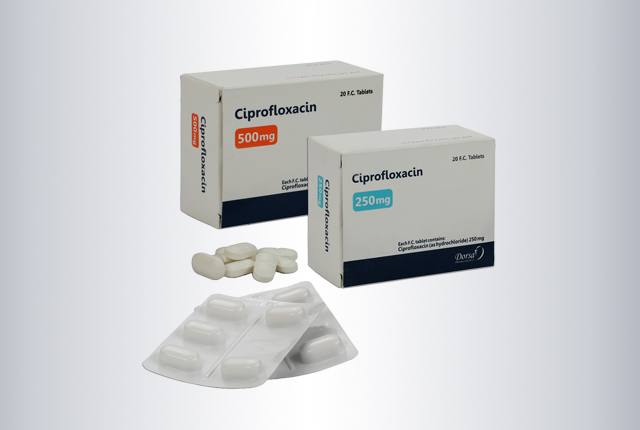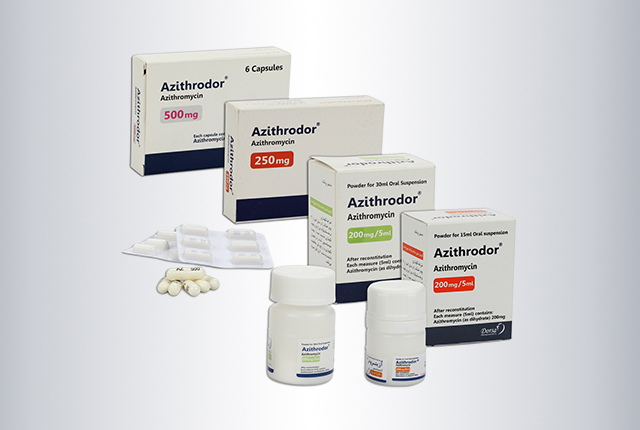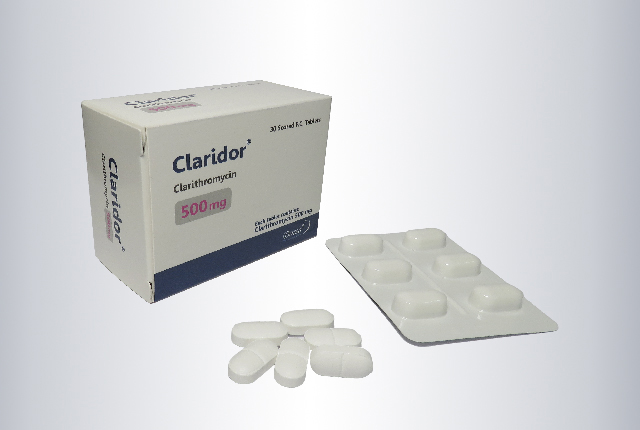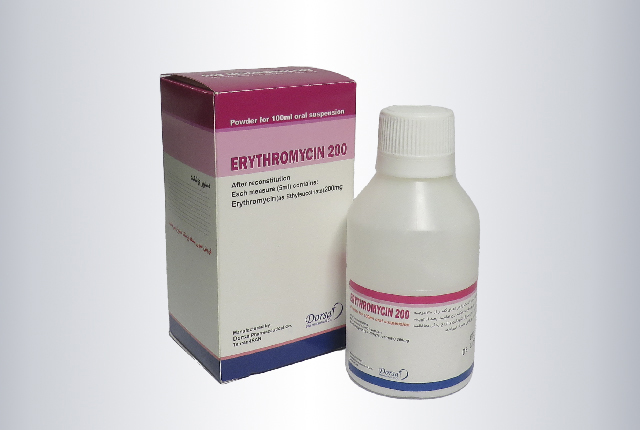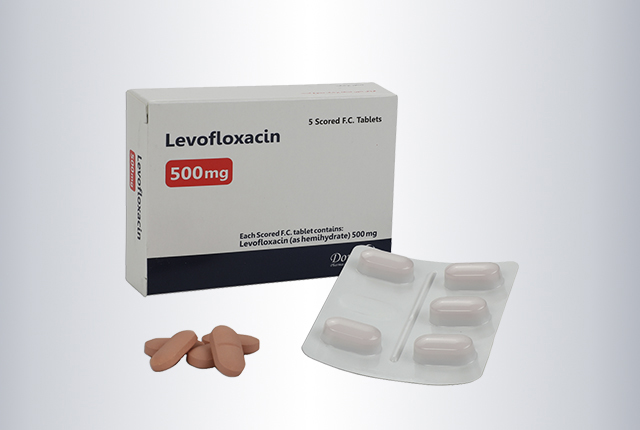Ciprofloxacin
Here is a summary of the information about Ciprofloxacin. If there is anything you do not understand, please ask your doctor or pharmacist to explain it to you.
- Keep out of the reach of children.
- Do not use after the expiry date printed on the label.
- FDA pregnancy category: C
- Rx only.
- Do not throw away any medicines via wastewater or household waste. Ask your pharmacist how to throw away medicines you no longer use.
Gerenal information
Patient Information
Ciprofloxacin is an antibiotic belonging to the fluoroquinolone family. Ciprofloxacin works by killing bacteria that cause infections. It only works with specific strains of bacteria.
What Ciprofloxacin is used for:
- In adults to treat the following bacterial infections: respiratory tract infections, long lasting or recurring ear or sinus infections, urinary tract infections, genital tract infections in men and women, gastro-intestinal tract infections and intra-abdominal infections, skin and soft tissue infections, bone and joint infections, to prevent infections due to the bacterium Neisseria meningitides, anthrax inhalation exposure
- In children and adolescents, under specialist medical supervision, to treat the following bacterial infections: lung and bronchial infections in children and adolescents suffering from cystic fibrosis, complicated urinary tract infections, including infections that have reached the kidneys (pyelonephritis), anthrax inhalation exposure.
Tell your doctor or pharmacist before using Ciprofloxacin if :
- You have been diagnosed with an enlargement or "bulge" of a large blood vessel.
- You have experienced a previous episode of aortic dissection.
- You have been diagnosed with leaking heart valves.
- You have a family history of aortic aneurysm or aortic dissection or congenital heart
- valve disease, or other risk factors or predisposing conditions
- You have ever had kidney problems because your treatment may need to be adjusted.
- You suffer from epilepsy or other neurological conditions.
- You have a history of tendon problems during previous treatment with antibiotics such
- as Ciprofloxacin tablets.
- You are diabetic because you may experience a risk of hypoglycaemia with
- You have myasthenia gravis (a type of muscle weakness) because symptoms can be
- You or a member of your family is known to have a deficiency in glucose-6-phosphate dehydrogenase (G6PD), since you may experience a risk of anaemia with ciprofloxacin.
Who should not take Ciprofloxacin:
- if you are allergic to ciprofloxacin, other quinolone drugs or any of the other ingredients
- of this medicine.
- if you are taking tizanidine.
How to take your Ciprofloxacin:
- Always take this medicine exactly as your doctor or pharmacist has told you. Check with
your doctor or pharmacist if you are not sure.
- The treatment usually lasts from 5 to 21 days, but may take longer for severe infections.
- Swallow the tablets with plenty of fluid. Do not chew the tablets because they do not
taste nice.
- Do try to take the tablets at around the same time every day.
- You can take the tablets at mealtimes or between meals. Any calcium you take as part of
a meal will not seriously affect uptake. However, do not take Ciprofloxacin tablets with
dairy products such as milk or yoghurt or with fortified fruit juices.
- Remember to drink plenty of fluids while you are taking this medicine.
What to do if you forget to take a dose :
Take the normal dose as soon as possible and then continue as prescribed. However, if it is
almost time for your next dose, do not take the missed dose and continue as usual. Do not
take a double dose to make up for a forgotten dose. Be sure to complete your course of
treatment.
While taking your medicine :
- Tell your doctor immediately, if any of the following occurs while taking Ciprofloxacin
Tablets: Severe, sudden allergic reaction, Pain and swelling in the joints and inflammation or rupture of tendons, epilepsy or other neurological conditions.
- If you feel sudden, severe pain in your abdomen, chest or back, which can be symptoms
of aortic aneurysm and dissection, go immediately to an emergency room. Your risk may
be increased if you are being treated with systemic corticosteroids.
- If you start experiencing a rapid onset of shortness of breath, especially when you lie
down flat in your bed, or you notice swelling of your ankles, feet or abdomen, or a new
onset of heart palpitations (sensation of rapid or irregular heartbeat), you should inform a
doctor immediately.
Call your doctor right away if you have:
allergic reaction, swelling (oedema), or rapid swelling of the skin and mucous
membranes (angio-oedema)
- inflammation of the bowel (colitis) linked to antibiotic use.
- liver disorders, jaundice (cholestatic icterus), or hepatitis
- decreased blood sugar (hypoglycaemia)
What to do if you take too many tablets :
If you take more than the prescribed dose, get medical help immediately. If possible, take
your tablets or the box with you to show the doctor.
Side effects :
Like all medicines, this medicine can cause side effects, although not everybody gets them.
- Common: nausea, diarrhea, joint pains in children.
- Uncommon: fungal superinfections, a high concentration of eosinophils, a type of white blood cell, decreased appetite, hyperactivity or agitation, headache, dizziness, sleeping problems, or taste disorders, vomiting, abdominal pain, digestive problems such as stomach upset, or wind, increased amounts of certain substances in the blood, rash, itching, or hives, joint pain in adults, poor kidney function, pains in your muscles and bones, feeling unwell, or fever, increase in blood alkaline phosphatase.
Reporting of side effects:
If you get any side effects, talk to your doctor, pharmacist or nurse. This includes any possible side effects not listed here.
You can also report side effects directly via the Yellow Card Scheme at: www.dorsapharma.com/ (ADR form)
By reporting side effects, you can help provide more information on the safety of this medicine.
Product specification
| Generic name | Ciprofloxacin |
| Dosage form | 250 & 500 mg white oval scored film coated tablets |
| Category | Antibiotic, Quinolons |
| ATC code | J01MA02 |
| Package | Box of 4 Alu-PVDC blisters of 5 tablets |
| Active ingredient | Ciprofloxacin |
| Storage | Below 30°C. Protect from light & moisture. |
| Shelf life | 2 years |
